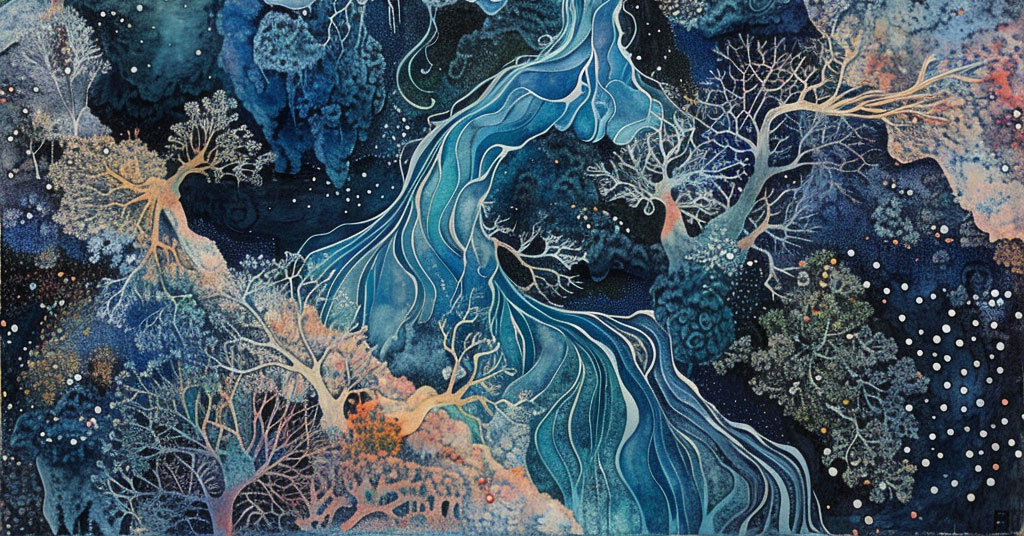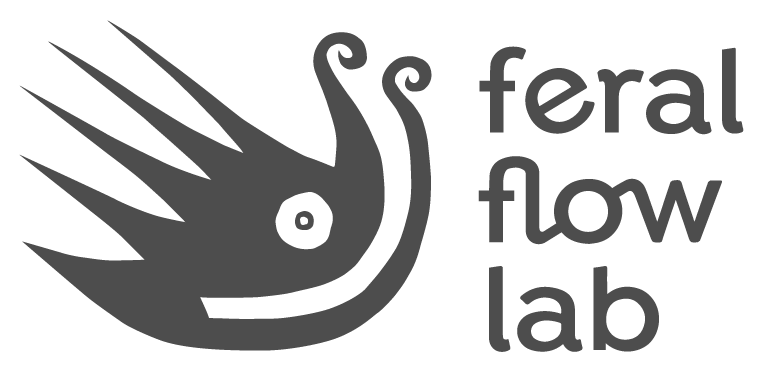I’ve long wondered why the words “selfless” and “selfish” exist in the English language, but not “selful” (at least not in current use). I’d like to coin the word selfulness—a state of being or an intention towards wholeness and being present to yourself, of tending to your needs. It seems to me if we were all more selful, we wouldn’t have to be selfless or selfish, and finding a balance point between our needs and those of others would come more naturally.
Every time my inner critic tells me I’m being selfish, I ask it: “Am I really being selfish or am I trying to satisfy a need? Have I been trying to pour from an empty cup?” And usually I remember that as soon as my cup is anywhere near full, I naturally want to pour into others’ cups.
Of course, there’s not always a simple answer to being selful. We often live in landscapes with little community support and are subject to opportunistic economic structures, or we’re dealing with situations in which everyone is depleted for myriad reasons. It can be tricky to find where to tap into resource in these cases.
Also, parts of us can feel that there is more scarcity than there actually is at present, due to unmet needs and experiences from our past, or due to beliefs we carry from our family or culture, what IFS calls cultural and legacy burdens. For example, we may carry beliefs around having to be of service to others, or have parts that feel they need to isolate to survive or have trouble asking for help.
As with much else, selfulness is a direction, not a destination one arrives at once and for all. But if we can take a moment to connect inside and re-member that expansive state of selfulness, and feel into what is missing at the moment for us to embody it, chances are we’ll move more readily in a selful direction, and our giving and receiving will flow with more ease and balance. We’ll soften into allowing the natural current of give and take, into the constant interchange that is life.

Image credit: “A Tangled Nest of Rivers” Jamie Ramirez. (Read more about Jamie at Parenting Without Shame.)

 English
English Español
Español
Comentarios Recientes